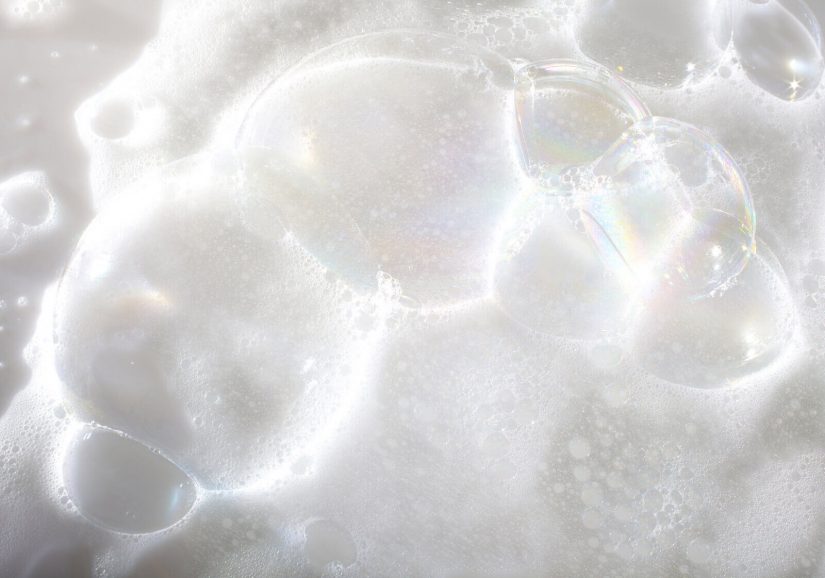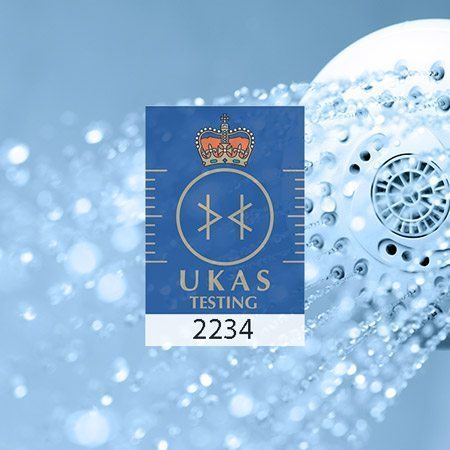Legionella Control Services
Feedwater specialises in legionella risk assessments and the provision of services to prevent Legionnaires’ disease and help you comply with ACOP L8. Unlike many other ACOP L8 legionella risk assessment providers, we believe that a risk assessment report should be simple and to the point. There is no value in an unnecessarily long and wordy document, so…


